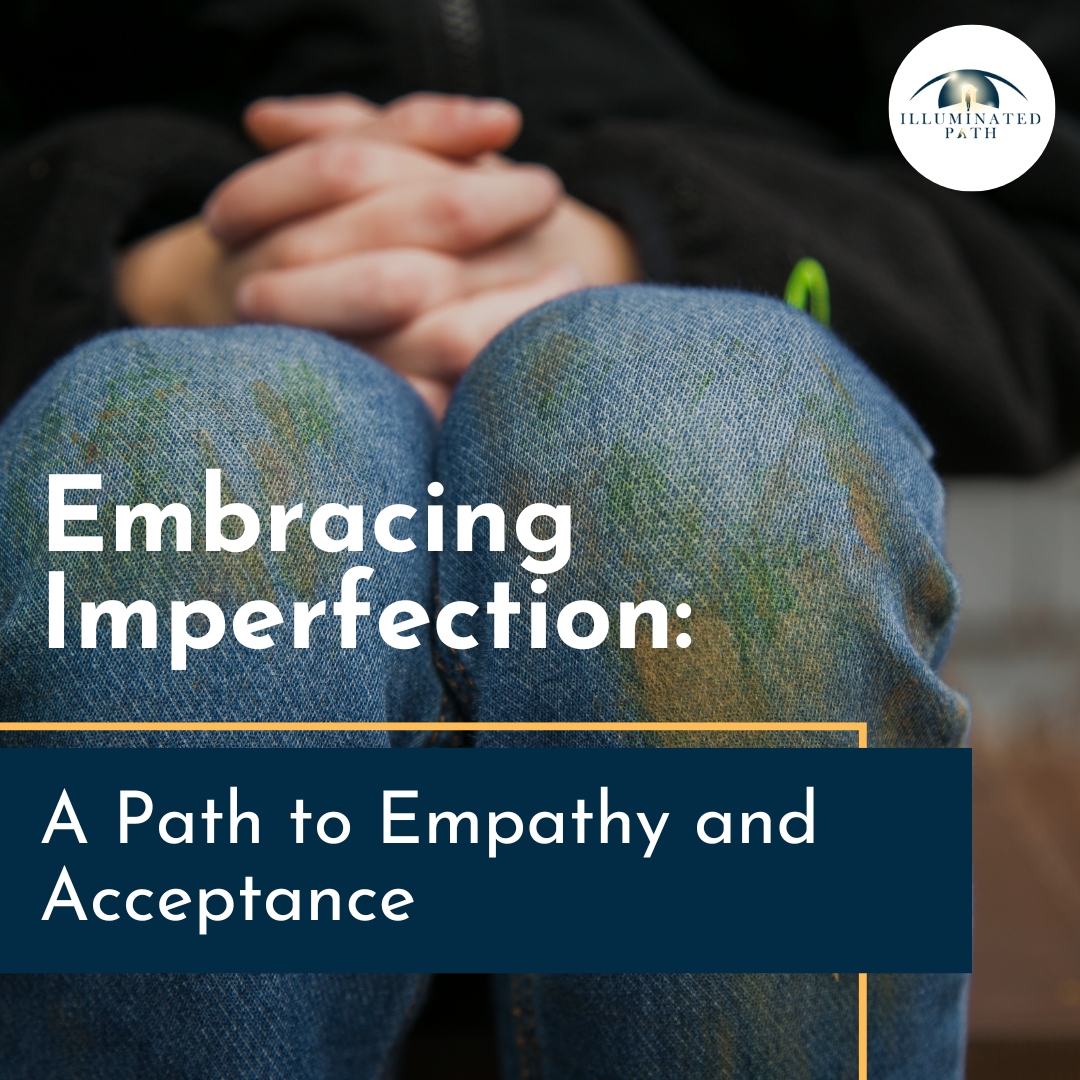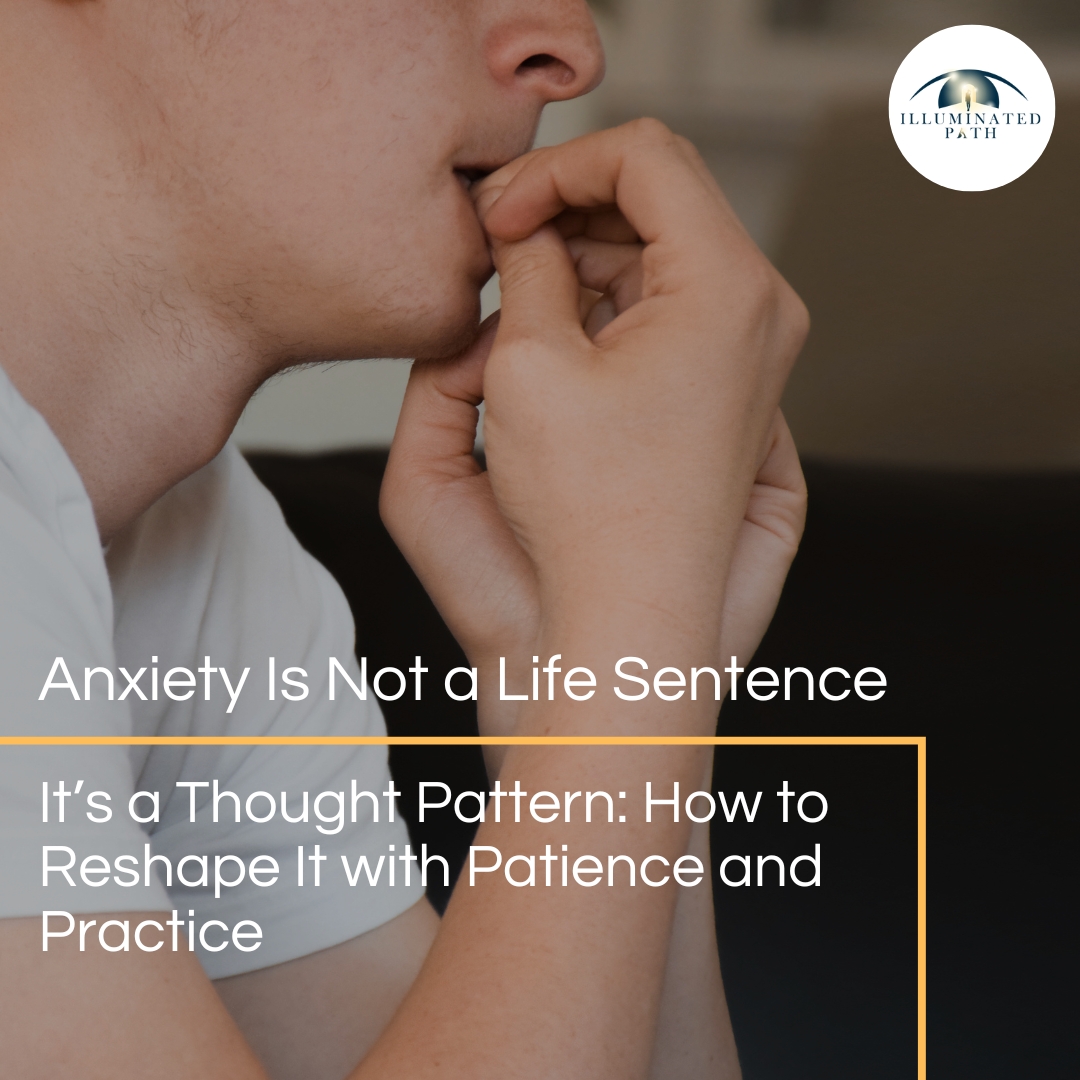
Imperfection is a universal human experience. Yet, many of us strive for unattainable standards of perfection, leading to self-criticism, anxiety, and even social isolation. Recognizing and embracing our imperfections can be a transformative journey, fostering self-acceptance, empathy, and stronger relationships. This article will explore the benefits of embracing imperfection, drawing on research and personal anecdotes.
The Prevalence of Perfectionism
Perfectionism, the relentless pursuit of flawlessness, is a common trait. Studies have shown that a significant portion of the population grapples with perfectionistic tendencies. For instance, a study published in the Journal of Personality and Social Psychology found that over 50% of college students reported experiencing perfectionistic thoughts and behaviors.
Source: Neff, K. D., & Morris, R. D. (2009). Self-compassion and perfectionism: A meta-analysis. Journal of Personality and Social Psychology, 97(1), 151-170.
The Negative Impacts of Perfectionism
Perfectionism can have detrimental effects on mental health and well-being. Research has linked perfectionism to higher rates of depression, anxiety, stress, and eating disorders. Additionally, perfectionists may struggle with procrastination, low self-esteem, and difficulty forming satisfying relationships.
Source: Stoeber, J., & Frandsen, K. J. (2011). Perfectionism and mental health: A meta-analysis. Journal of Personality and Social Psychology, 101(3), 494-511.
The Benefits of Embracing Imperfection
Recognizing and accepting our imperfections can lead to numerous benefits, including:
- Increased self-acceptance: Embracing imperfection helps us to see ourselves as whole and complete, rather than as a collection of flaws. This can lead to increased self-esteem and a more positive body image.
- Reduced stress and anxiety: Perfectionism often involves excessive self-criticism and a constant fear of failure. By accepting our imperfections, we can reduce our stress and anxiety levels.
- Improved relationships: When we are more accepting of ourselves, we are also more likely to be accepting of others. This can lead to stronger, more fulfilling relationships.
- Enhanced creativity and innovation: Perfectionism can stifle creativity and innovation. By embracing imperfection, we can free ourselves from the fear of making mistakes and explore new ideas with greater confidence.
How to Embrace Imperfection
Embracing imperfection is a journey, not a destination. Here are some strategies to help you on your path:
- Practice self-compassion: Treat yourself with kindness and understanding, just as you would treat a friend.
- Challenge perfectionistic thoughts: When you find yourself thinking negatively about your imperfections, challenge those thoughts with evidence to the contrary.
- Set realistic goals: Instead of striving for perfection, set achievable goals that are aligned with your values and abilities.
- Celebrate your successes: Acknowledge and celebrate your accomplishments, no matter how small.
- Seek support: Connect with a life coach or support group for individuals working on self-acceptance and embracing imperfection. Sharing your experiences with others who understand your challenges can be a powerful source of support and inspiration.
Case Study: The Journey of a Perfectionist
To illustrate the transformative power of embracing imperfection, let’s consider the story of Sarah, a young woman who struggled with perfectionism for years. Sarah was constantly striving for perfection in her academic work, her relationships, and her appearance. This relentless pursuit of flawlessness led to significant stress, anxiety, and feelings of inadequacy.
Sarah’s journey towards self-acceptance began with a conscious decision to challenge her perfectionistic thoughts. She started to notice how these thoughts often led to feelings of shame and self-doubt. Instead of believing these negative thoughts, Sarah began to question their validity and seek alternative perspectives.
Over time, Sarah learned to practice self-compassion. She treated herself with kindness and understanding, recognizing that everyone makes mistakes and that it’s okay to be imperfect. She also began to set more realistic goals for herself, focusing on progress rather than perfection.
As Sarah continued to embrace her imperfections, she experienced a significant reduction in stress and anxiety. She also found that her relationships with others became more fulfilling. By being more accepting of herself and others, Sarah was able to build stronger connections and create a more supportive social network.
The Role of Mindfulness in Embracing Imperfection
Mindfulness, the practice of paying attention to the present moment without judgment, can be a powerful tool for embracing imperfection. By cultivating mindfulness, we can become more aware of our thoughts and feelings, and learn to respond to them with greater compassion and acceptance.
Several studies have demonstrated the benefits of mindfulness for individuals struggling with perfectionism. For example, a study published in the Journal of Cognitive Therapy and Research found that mindfulness-based interventions can help reduce perfectionistic thoughts and behaviors.
Source: Baer, R. A., Smith, A. C., Lykins, M., & Allen, J. G. (2011). Mindfulness-based interventions for perfectionism: A review. Journal of Cognitive Therapy and Research, 35(1), 1-16.
The Impact of Embracing Imperfection on Society
Embracing imperfection can have a profound impact on society as a whole. When we are more accepting of our own imperfections, we are also more likely to be accepting of others. This can lead to a more compassionate and inclusive society, where everyone feels valued and respected.
Additionally, embracing imperfection can inspire others to do the same. By sharing our own stories of vulnerability and self-acceptance, we can create a ripple effect of positive change.
Conclusion
Embracing imperfection is a journey that requires courage, self-compassion, and a willingness to let go of unrealistic expectations. By recognizing and accepting our flaws, we can experience increased self-esteem, reduced stress, improved relationships, and a greater sense of peace and fulfillment.
As we continue to navigate the complexities of life, let us remember that it is okay to be imperfect. By embracing our imperfections, we can create a more compassionate, understanding, and authentic world for ourselves and others.
Additional Considerations:
- The role of cultural influences on perfectionism: Different cultures may have varying expectations and attitudes towards perfection. Understanding these cultural differences can help us to appreciate the diversity of human experiences.
- The importance of self-care: Embracing imperfection often involves taking care of ourselves both physically and emotionally. This may include engaging in activities that promote relaxation, well-being, and personal growth.
- The connection between embracing imperfection and social justice: By challenging perfectionistic norms, we can contribute to a more equitable and inclusive society. This may involve advocating for policies and practices that promote diversity, equity, and inclusion.
By exploring these additional considerations, we can gain a deeper understanding of the complexities of embracing imperfection and its potential impact on our lives and the world around us.

The Author
Dr. Shadi Souferian Psy. D.
Licensed Clinical Psychologist
Therapist And Psychologist in Los Angeles And Beverly Hills.






